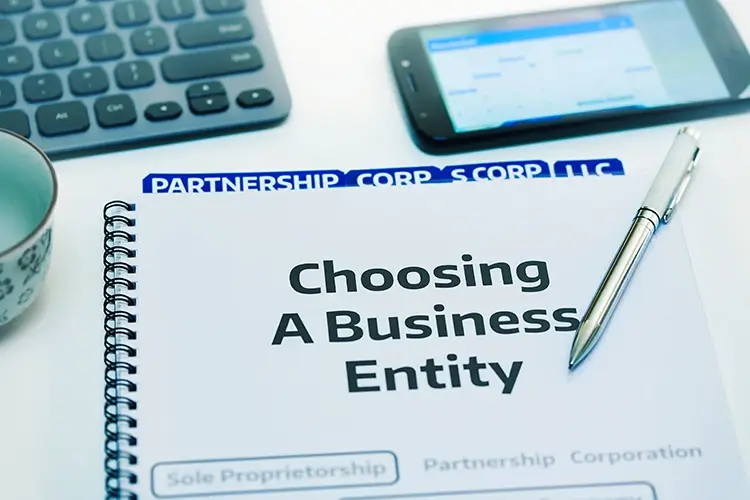If you are starting a business the structure must be established based on how you are forming your business, how many parties are involved, and the tax situations that may need advisement. The most common business structures are sole proprietorship, partnership, corporations, S corporations, and limited liability companies. The business structure is one of the most important decisions that you will need to make as there are legal and tax situations that you will need to be prepared for as a future business owner.
Sole Proprietorship
When someone owns an unincorporated business, it’s on their own and is known as a sole proprietorship. The advantages of this are limited interference in how the business is organized, managed, and the ease of its formation and associated tax preparation. Disadvantages of a sole proprietorship include the full risk of business failings, unlimited liability on the owner, and obtaining funds on your own when the need arises.
Partnership
A partnership is just what you think – where two or more people form a business and share in the money, the investment, property, skills, and ideas, as well as in the risks, losses, and major business moves. With partnerships, you can have a limited partnership (LP) or limited liability partnership (LLP). Limited liability partnerships are best when you have multiple partners, while limited partnerships are for those with only one partner.
Corporation
With a corporation, it gets more complicated; in forming corporations you have shareholders and investors who will exchange property or money as stock in the company. Tax deductions are in line with a sole proprietorship when it comes to taxable income, but business profits are taxed as earned and shareholders also face taxation when dividends are received.
S Corporation
An S corporation passes corporate profits, losses, credits, and deductions onto shareholders for tax purposes which they will account for on their individual tax returns. In doing this, corporations can avoid the double hit on corporate income.
Limited Liability Company (LLC)
An LLC is a business structure that follows regulations by each state and is the typical choice for a small business, or one with medium to high risks. This is very common with owners whose business assets are mostly from personal investments and require more protection and lower tax implications.












